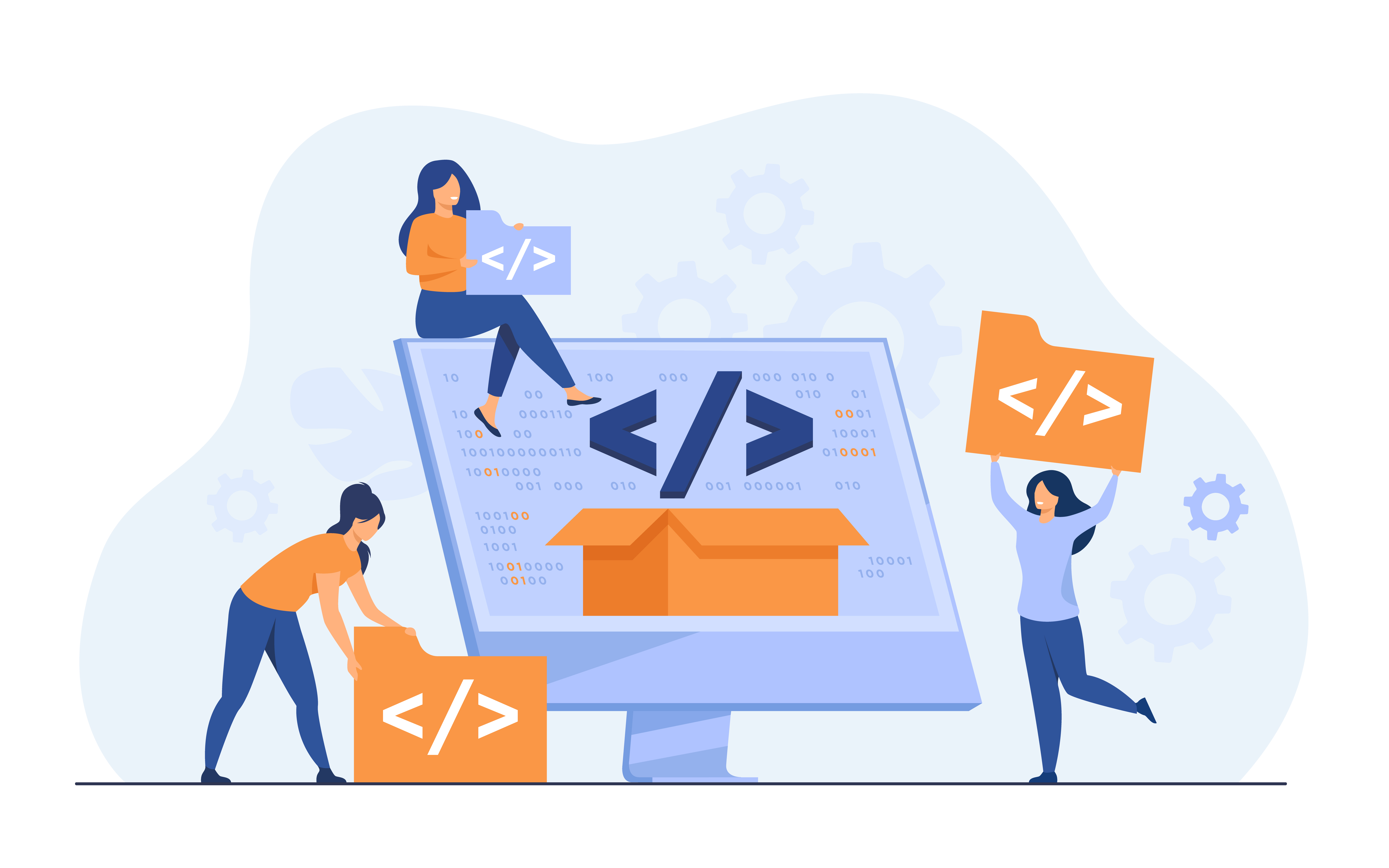Brief explanation of SQL and NoSQL database
a short breakdown of what SQL and NoSQL databases are, what they're good at, which one to use and pros and cons of both

In a technologically rapidly moving world, companies turn out to be in more needs of managing their data system way much more efficient and considerable, today i'm wiling to write a few lines of what makes the difference between SQL and NoSQL database.
SQL (Structured Query Language) and NoSQL (Not Only SQL) databases represent two fundamentally different approaches to storing and retrieving data, each with its own set of strengths and weaknesses.
SQL databases:
- SQL databases follow a structured schema where data is organized into tables with predefined columns and data types. This ensures data integrity and enforces relationships between tables through foreign keys.
- SQL databases typically support ACID (Atomicity, Consistency, Isolation, Durability) transactions, ensuring that database transactions are processed reliably even in the event of system failures.
- SQL databases excel at complex queries involving multiple tables and support joins to combine data from different tables efficiently.
- Traditional SQL databases can face scalability challenges, especially with large-scale applications, as scaling often involves vertical scaling (adding more resources to a single server), which can be expensive and have limits.
NoSQL databases:
- Flexible Schema: NoSQL databases offer a flexible schema design, allowing for the storage of semi-structured or unstructured data. This makes them well-suited for handling diverse data types and evolving data models.
- NoSQL databases are designed for horizontal scalability, allowing them to distribute data across multiple servers and handle large volumes of traffic with ease. This makes them suitable for use cases with high throughput and scalability requirements
- Many NoSQL databases offer eventual consistency, where data updates are propagated asynchronously across distributed nodes. This approach prioritizes availability and partition tolerance over strict consistency, which can lead to lower latency and higher availability but may result in temporary inconsistencies.
- NoSQL databases are well-suited for specific use cases such as real-time analytics, content management systems, IoT (Internet of Things) applications, and caching layers where high performance and scalability are critical.
In summary, the choice between SQL and NoSQL databases depends on factors such as the nature of the data, scalability requirements, performance needs, and the complexity of queries. SQL databases offer strong consistency and support for complex queries but may face scalability challenges. NoSQL databases provide flexibility, scalability, and high performance but may sacrifice strong consistency in favor of availability and partition tolerance. Organizations often choose the database technology that best aligns with their specific requirements and use cases.
About the Author
Full stack developer with over 5 years of experience in the tech in
Expertise
React 5+ yrs
Node.js 5+ yrs
HTML / CSS 6+ yrs
Tailwind 3+ yrs
TypeScript 4+ yrs

